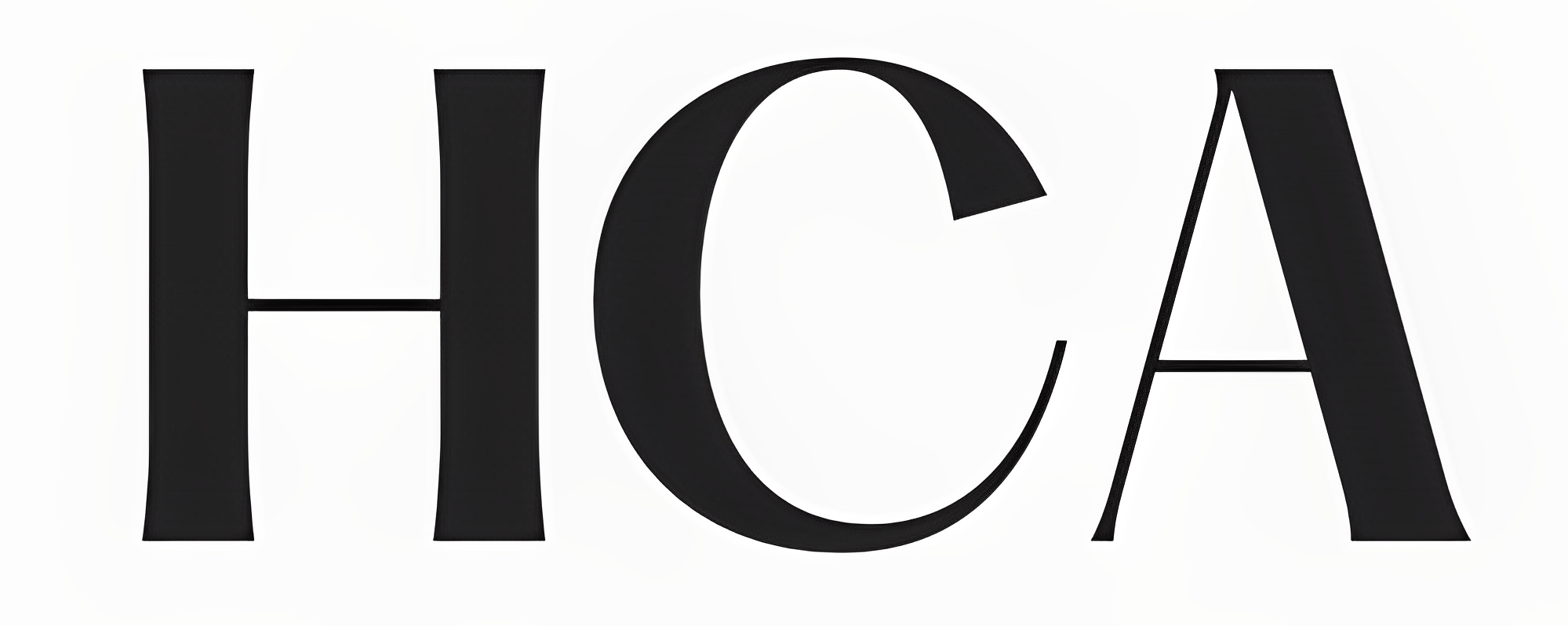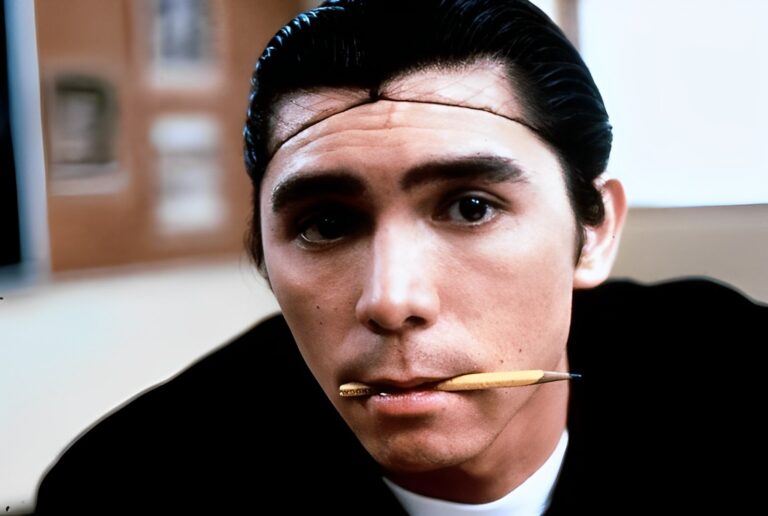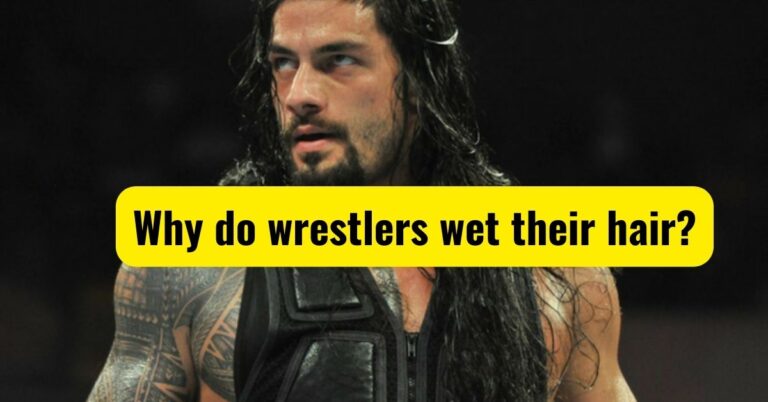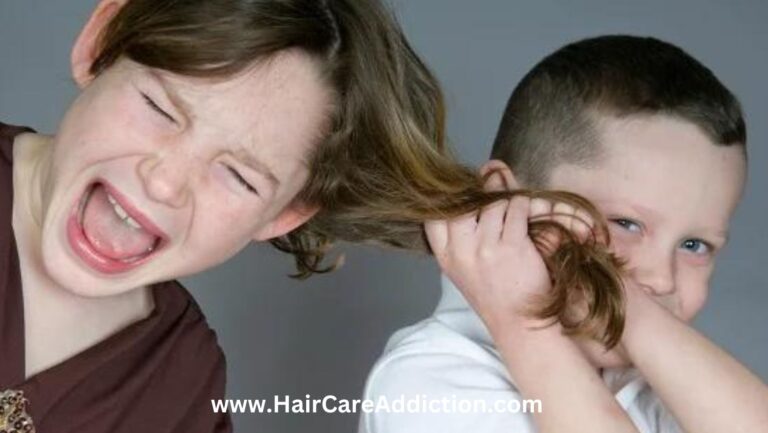Is It Illegal to Cut Hair in School? (Punishment)
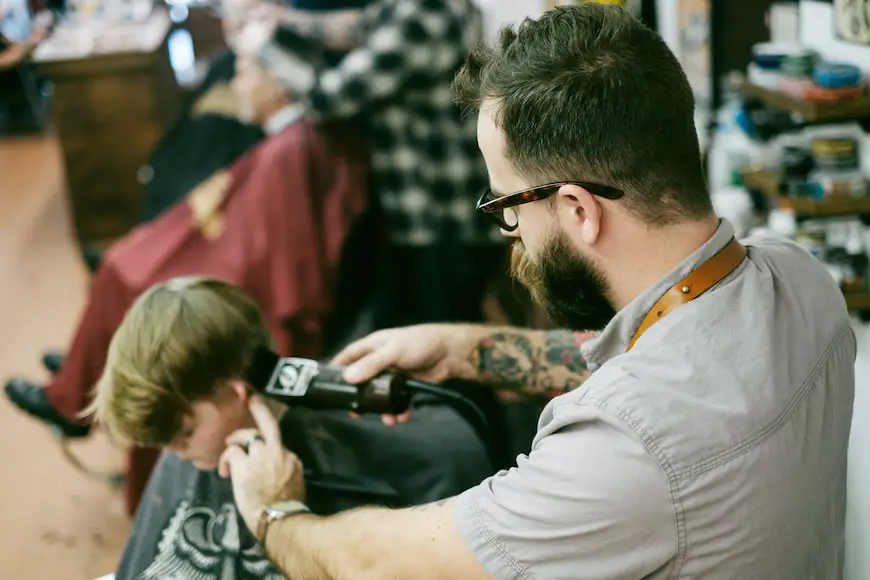
You may have seen viral videos of students in school cutting their own or someone else’s hair as a prank, a dare, or a form of bullying.
Is this, however, a harmless joke or a serious offense?
In this blog post, we will look at the legal and ethical implications of cutting hair without consent at school.
Is It Illegal To Cut Hair In School?
First and foremost, let us define what we mean by hair cutting.
We’re not talking about cutting a few inches off your own hair or getting a salon haircut.
We’re talking about cutting someone else’s hair without their permission, or cutting your own hair in a way that violates the school dress code or disrupts the school.
In most jurisdictions, cutting someone else’s hair without their consent is considered assault and battery.
The act of threatening or attempting to harm someone is defined as assault, whereas the act of actually harming someone is defined as battery.
Hair cutting can cause physical and emotional harm as well as damage to someone’s property (their hair).
Cutting someone’s hair may result in criminal charges, civil lawsuits, or both, depending on the severity of the injury and the intent of the perpetrator.
Is It Illegal For School to Make You Cut Your Hair?
You may face disciplinary action from the school administration if your haircut violates the school dress code.
Some schools, for example, may have rules about the length, color, or style of your hair.
If your haircut causes disruption or interferes with the learning environment, you may face repercussions from your teachers or peers.
Does that mean School can dictate student’s hair?
The issue of whether schools can dictate students’ hairstyles is divisive, with courts in the United States split on the issue.
Some federal courts have ruled in favor of students, ruling that hairstyles are a form of free expression and that certain policies may violate liberty or equal-protection rights guaranteed by the Fourteenth Amendment.
Other courts, on the other hand, have upheld such policies as a legitimate government interest required for teaching hygiene, instilling discipline, asserting authority, and promoting uniformity.
As a result, the debate continues, with students’ constitutional rights being balanced against the interests of schools.
However, most schools require parental permission to cut a student’s hair.
Hair cutting or damage is considered assault under the law. There have been reports of schools or daycares cutting children’s hair without their parents’ permission, resulting in lawsuits and negative publicity.
Read Also: Is it illegal to cut child hair without permission?
Conclusion
Hair cutting in school is not worth the risk. It’s illegal, immoral, and reckless.
Respect yourself and others by keeping your scissors away from your hair and the hair of others in class.
